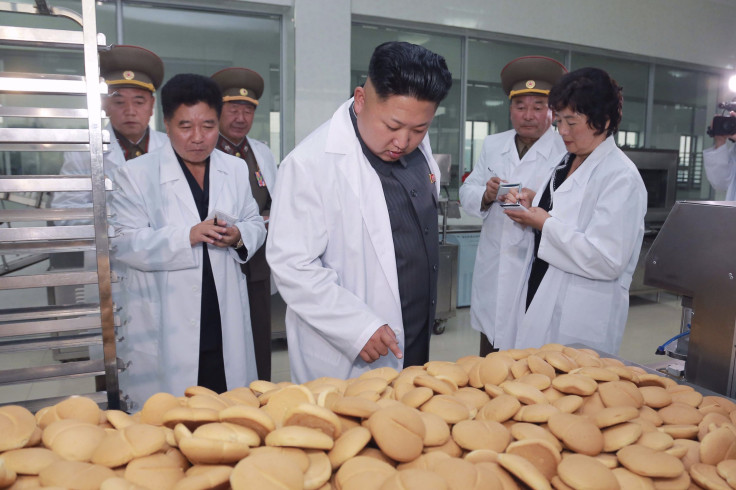North Korea Food Shortage 2015: State News Calls For 'Urgent' Push For Agriculture

North Korea is making an “urgent” push for increased production in agriculture, husbandry and fishing as threats of another food shortage loom. The move follows international reports that the isolated country is facing compounded food harvesting issues following a particularly dry winter growing season.
“It is of urgent necessity to increase production in order to significantly improve people’s diet with agricultural production, animal husbandry and fishing as the main thrusts and provide people and children with greater quantities of quality consumer goods, school things and foodstuff,” said an editorial in North Korea’s Rodong Sinmun, the newspaper of the Workers' Party of Korea. The paper, which is regarded as the state organ, urged enthusiasm across industries in the form of propaganda to motivate North Koreans even in the midst of hardship.
“There are neither difficulties insurmountable nor fortresses unconquerable for us when such ardent patriotic loyalty and revolutionary enthusiasm are displayed,” the editorial said. “The drive of increased production means a manifestation of intense loyalty of the Korean people ready to wholeheartedly respond to the party’s call.”
The editorial recalled “the hard time of postwar rehabilitation” when the country was allegedly able to churn out hundreds of thousands of tons of steel and iron exceeding expectations.
Earlier this year the United Nations World Food Program’s deputy Asia director, John Aylieff, said weather data from last winter suggested food harvests in the country will come up short this year, affecting rice and corn supplies. According to Aylieff, speaking to the Washington Post, though winter harvests make up only 5 percent of the country’s food supply, it is a crucial stockpile to carry the country though its “lean season” between May and August before summer crops are ready to be harvested.
North Korea’s central news agency, KCNA, reported earlier this week that the country saw limited success in crop irrigation technology that would require less water. Without giving specifics about the technology, the report claimed the technique would be swiftly introduced to the country’s high-yielding rice fields first.
© Copyright IBTimes 2024. All rights reserved.






















